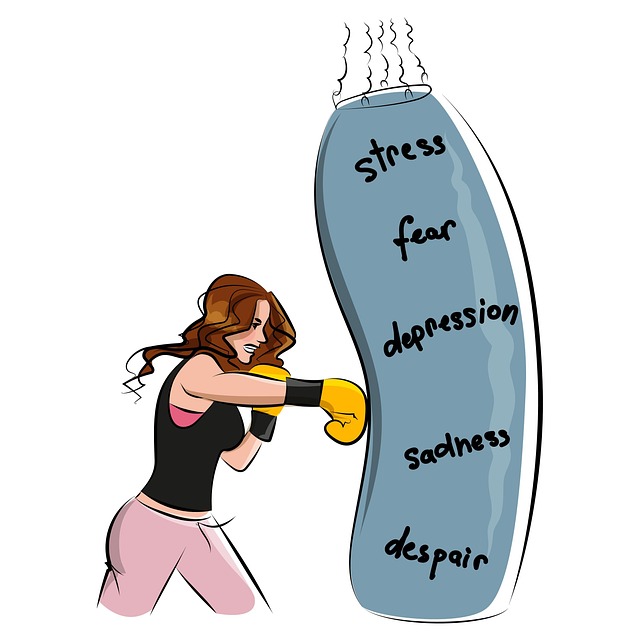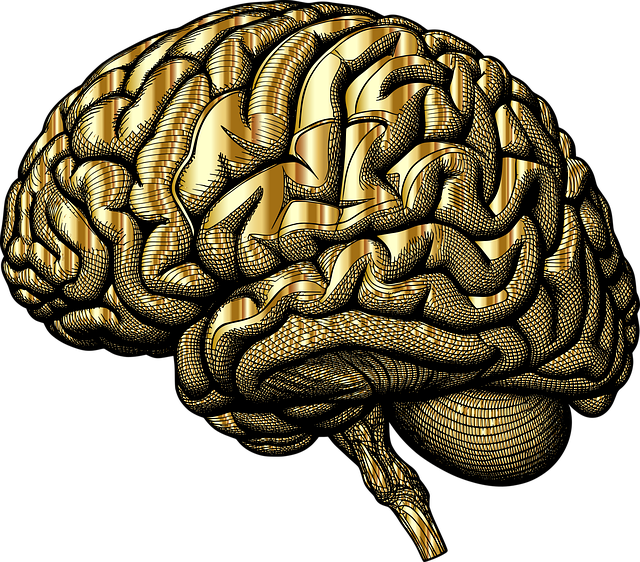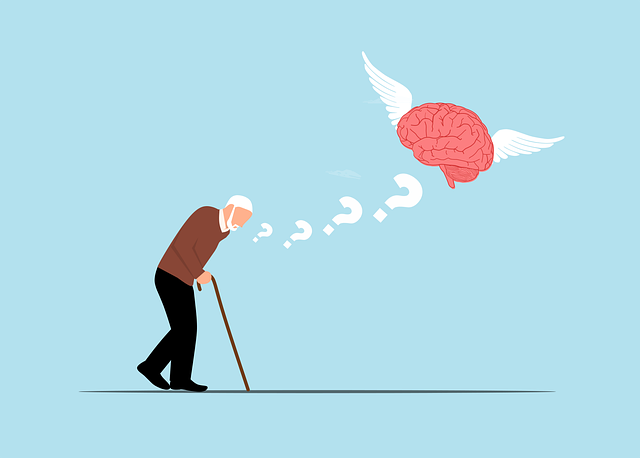Mental wellness, encompassing emotional, psychological, and social well-being, is crucial for adults as it impacts daily life and relationships. Stress, anxiety, and depression are common issues addressed through effective therapy methods like CBT, interpersonal therapy, and mindfulness practices, along with self-care routines. Therapy for Adults Depression combines professional intervention with self-reflection tools like journaling to holistically manage mental health. A holistic approach involving exercise, mindfulness, and strong social connections is key to long-term well-being, with burnout prevention techniques vital for professionals.
Mental wellness is a cornerstone of overall health, yet it’s often overlooked. This article delves into the crucial topic of mental wellness promotion, focusing on its profound impact on adults. We explore various facets, beginning with understanding mental wellness and its effects on adult well-being. Subsequently, we examine diverse therapy options for depression in adults, offering valuable insights. Furthermore, practical strategies are presented to foster and sustain long-term mental health, including therapeutic approaches tailored for depressive disorders, emphasizing the importance of proactive care.
- Understanding Mental Wellness and Its Impact on Adults
- Exploring Therapy Options for Depression in Adults
- Strategies for Promoting and Maintaining Long-Term Mental Health
Understanding Mental Wellness and Its Impact on Adults

Mental wellness is a crucial aspect of overall health and well-being, encompassing our emotional, psychological, and social state. For adults, understanding and prioritizing mental wellness is essential as it significantly impacts daily functioning, relationships, and overall quality of life. It involves not just the absence of mental illness but also the presence of resilience, adaptability, and positive coping strategies.
In today’s fast-paced world, many adults struggle with managing stress, anxiety, and depression. Therapy for adults plays a vital role in addressing these concerns. Through evidence-based practices like compassion cultivation and emotional intelligence development, individuals can learn effective methods to manage their mental health. Additionally, keeping a mental wellness journal can serve as a powerful tool for self-reflection and tracking personal growth. This simple yet profound exercise encourages individuals to cultivate awareness, identify triggers, and gain insights into their emotional patterns, ultimately fostering better mental wellness and resilience.
Exploring Therapy Options for Depression in Adults

Depression is a common yet serious mental health issue that affects millions of adults worldwide. Exploring therapy options is a crucial step in managing and overcoming this challenge. Professional help can provide individuals with the tools to navigate their emotional struggles and foster inner strength and resilience. Various therapeutic approaches, such as cognitive-behavioral therapy (CBT), interpersonal therapy, and mindfulness-based interventions, have proven effective in treating adult depression.
Self-care routine development plays a significant role in conjunction with therapy. Encouraging patients to prioritize their emotional well-being through activities like regular exercise, adequate sleep, and stress management techniques can complement the therapeutic process. Additionally, cultivating emotional intelligence is essential for understanding and managing one’s emotions, which contributes to overall mental health improvement.
Strategies for Promoting and Maintaining Long-Term Mental Health

Promoting and maintaining long-term mental health involves a multifaceted approach that goes beyond occasional therapy sessions. Individuals should adopt holistic strategies to enhance their well-being. This includes regular physical exercise, which has been proven to reduce symptoms of depression and anxiety by releasing endorphins and promoting better sleep. Mindfulness practices like meditation and deep breathing exercises can significantly lower stress levels and improve focus. Moreover, fostering strong social connections through meaningful relationships and community engagement provides emotional support and a sense of belonging.
For mental health professionals, integrating burnout prevention strategies into their practice is paramount. This involves setting clear boundaries, engaging in self-care activities, and adopting evidence-based interventions like cognitive behavioural therapy (CBT) for adults with depression. Incorporating Mind Over Matter principles can empower individuals to take control of their mental health through positive thinking and resilience-building techniques. Additionally, implementing comprehensive risk management planning ensures a proactive approach to identifying and mitigating potential risks in the workplace, fostering a sustainable career in healthcare provision.
Mental wellness is a cornerstone of overall health, and promoting it in adults involves a multifaceted approach. By understanding the impact of mental health on daily life and recognizing the various therapy options available, such as those tailored for depression in adults, individuals can take proactive steps towards well-being. Implementing strategies to foster resilience and maintain mental health over the long term is essential, as it empowers folks to navigate challenges with greater ease. Through accessible resources and a supportive environment, we can encourage adults to prioritize their mental wellness, ultimately enhancing their quality of life.










